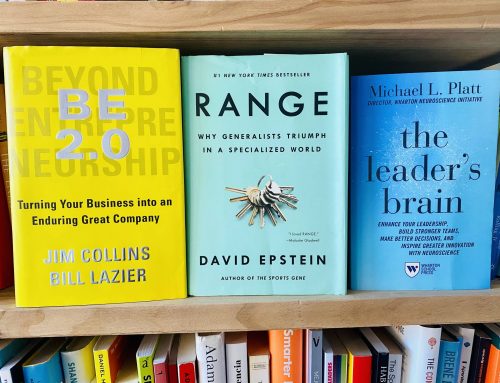“America has a problem with youth sport and this problem has two names: mom and dad”.
This is how author and father Daniel Pink begins his speech about the importance of letting our children play without our presence there.
The interesting thing is that this message does not go only to all those parents that are completely nuts, those competitive parents that love watching their kids beat the rivals, that blame the referee…well, you know who I’m talking about.
This message goes to the other parents, the good ones, parents like you (or your future self). Those parents that don’t blame the referee, that say “it’s ok” when our kids lose… Yes, we are part of the problem too. We all know it feels cool to support our kids and go to all their games. This is good for you, but is it really good for your kids?
If we want our children to enjoy the benefits of the sports practice here are two actions, supported by research, that we should be doing right away:
1) Don’t attend your children’s games
Sorry, it’s time to get out of the way.
Why?
First, youth sports a parent-free zone and it is precisely this freedom from being surrounded by their parents that make children learn and apply the skills we want them to master when they become adults.
Second, as Pink points out, if we feel like we are investing our time and attention, don’t we then expect some kind of return? From a ten year old? It’s time to take away the burden of expectations from our kids.
Third, when kids look to us on the sidelines for approval, consolation or food, a part of them is distracted from what really counts: the mastery of something difficult, the obligations to teammates, the game itself.
And fourth, sitting there on our chair can prevent our children from standing on their own two feet. If they succeed on the field, they, not us, deserve the joy. If they fail, and they will a lot, they have to figure out how to respond.
As expert Mark Hyman says, “the toughest problem is that no parent wants to “unilaterally disarm” and acknowledge that the system is broken”.
Let’s not forget that sports are about stories. If we are not in the stands, the kids own the story. “They get to tell us what went well and what didn’t, instead of us telling them on the front seat on the way back home.”, Pink suggests.
2) Combine your children’s organized sports with informal sports
The way we play sports really matters.
As research shows, today’s children are spending much less time in unstructured settings and much more time in environments – sport or otherwise – organized by adults.
Why are informal sports so necessary?
Time spent in informal sports played in unstructured settings (our neighborhood, “pickup” sports…) is directly connected to overall creativity. And most importantly, and it evens gets scary, time spent playing organized sport has a negative impact in our overall creativity.
Unstructured sports environments offer children the freedom to self-govern, create rules, problem-solve and resolve social conflicts on their own terms.
Does it mean that organized sports are bad?
Absolutely not, they offer our children with valuable lessons and life skills like little else does: respect, decision making, overcoming frustration, discipline… The problem is that focusing solely on organized sport would encourage the hierarchical model and would at the same time prevent them from their most creative development.
In fact, in a research project conducted with 100 undergraduate and graduate students, the only difference between the more creative and less creative students was that the former spent two hours more per week in unstructured sport throughout their school-age years.
As researcher Matthew Bowers suggests, balance is key. He recommends parents to allow more time for informal sports (at least 15% or their total leisure time) than for organized sports (at least 13%). Obviously, the more the better for both activities.
What really matters is that we are all aware of the importance of a balanced distribution of our children’s time between organized and unstructured settings.
Should I then not attend any games at all?
If we attend only one or two games per year, our children will actually appreciate it even more and we will free them from the pressure and stress of living up to our expectations in every single game.
Isn’t it better to have our children tell us how the game went and if they had fun? Let’s have them own the story and, as Pink suggests, let’s tell parents to practise sports while their kids play their games and all of us will remember why we love sports.







Nicr article. the book the goldmines effect has some good facts about parents and kids in sports.
Thank you Hady! And sorry I missed your comment at first. Warmest regards